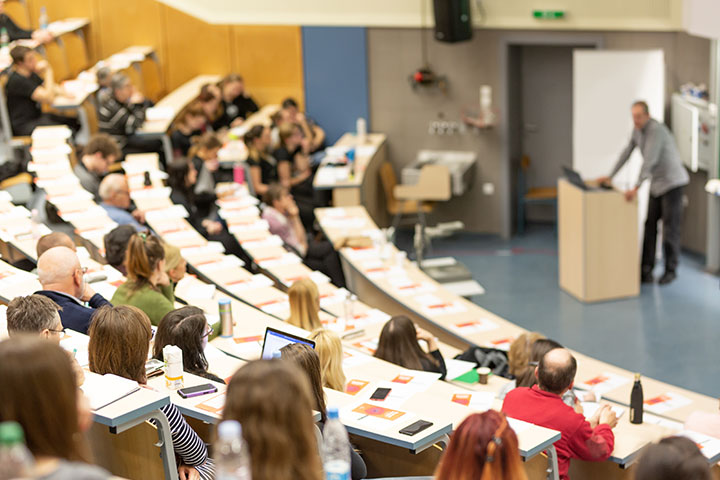How to attend academic conferences?Attending academic conferences is a valuable opportunity to present your research, learn from experts in your field, and network with other scholars. Here are some steps to help you attend academic conferences:

1. Research conference options: Identify conferences that are relevant to your research area. Look for conferences that align with your research interests, provide opportunities for presenting papers or posters, and have a good reputation in your field.
2. Submit abstract or paper: If the conference requires abstract submissions or full papers, prepare your work according to the specific guidelines provided by the conference organizers. Submit your abstract or paper by the designated deadline.
3. Register for the conference: Once your abstract or paper is accepted, register for the conference. Pay attention to registration fees and deadlines. Some conferences offer early-bird discounts, so consider registering early to save on costs.
4. Prepare your presentation: If you are presenting at the conference, carefully prepare your presentation. Create slides or visuals that effectively communicate your research findings, and practice delivering your talk to ensure clarity and coherence.
5. Plan your schedule: Review the conference program to identify sessions, workshops, or keynote speeches that are of interest to you. Plan your schedule accordingly, leaving room for networking opportunities and breaks.
6. Attend sessions and engage: Actively participate in sessions and engage with the presentations. Ask questions, offer comments, and seek clarification when needed. Take notes and collect materials that are relevant to your research.
7. Network with researchers: Conferences provide an excellent platform for networking with fellow researchers. Introduce yourself, exchange contact information, and engage in discussions during coffee breaks, poster sessions, or social events. Be open to collaborations, sharing ideas, and learning from others.
8. Follow up after the conference: After the conference, follow up with the researchers you connected with. Send thank-you emails, share additional resources, or express interest in potential collaborations. Maintaining professional relationships can be beneficial for future collaborations and staying updated in your field.
Remember to adhere to conference etiquette, including respecting others' presentations, being punctual, and dressing appropriately. Attending conferences regularly can enhance your professional development and contribute to the academic community.

